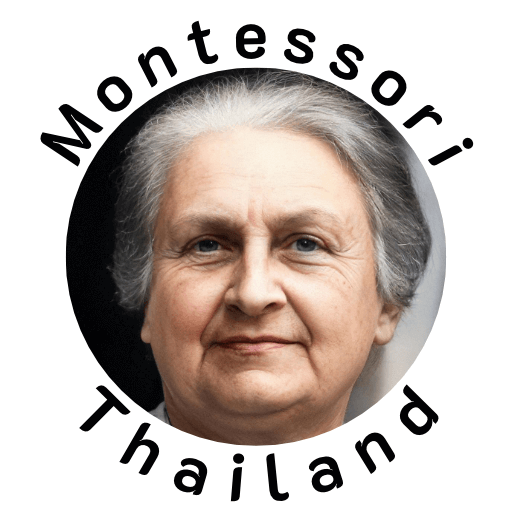
by MontessoriX | 1 Aug 2023 | Glossary
Intrinsic motivation, a key concept in Montessori education, refers to the act of engaging in an activity purely for the enjoyment and fulfillment it brings, rather than as a means to an external reward or outcome[1]. Montessori classrooms cultivate intrinsic...

by MontessoriX | 1 Aug 2023 | Glossary
In Montessori education, the Isolation of Difficulty refers to a pedagogical approach where a teacher analyses an activity prior to presenting it to a child. Procedures or movements that might be challenging are isolated and taught separately to the...

by MontessoriX | 1 Aug 2023 | Glossary
In Montessori education, an Indirect Presentation refers to a method of teaching that leverages the absorbent nature of a young child’s mind, where every action or event can be viewed as a lesson.[1] Children learn not only from direct...

by MontessoriX | 1 Aug 2023 | Glossary
In Montessori education, Indirect Preparation refers to the process by which activities performed in the present consciously prepare the child for future learning.[1] This preparation can occur without the child’s awareness; for instance, a young...

by MontessoriX | 1 Aug 2023 | Glossary
In Montessori education, Independence is a fundamental principle that aims to foster not just self-reliance, but also a range of competencies and self-regulatory skills in children.[1] Normal developmental milestones such as weaning, walking, talking,...

by MontessoriX | 1 Aug 2023 | Glossary
In Montessori education, imagination is regarded as a powerful tool that aids in the process of abstract learning and intellectual exploration[1]. The method encourages the use of imagination to enable children to understand complex concepts that cannot be...







